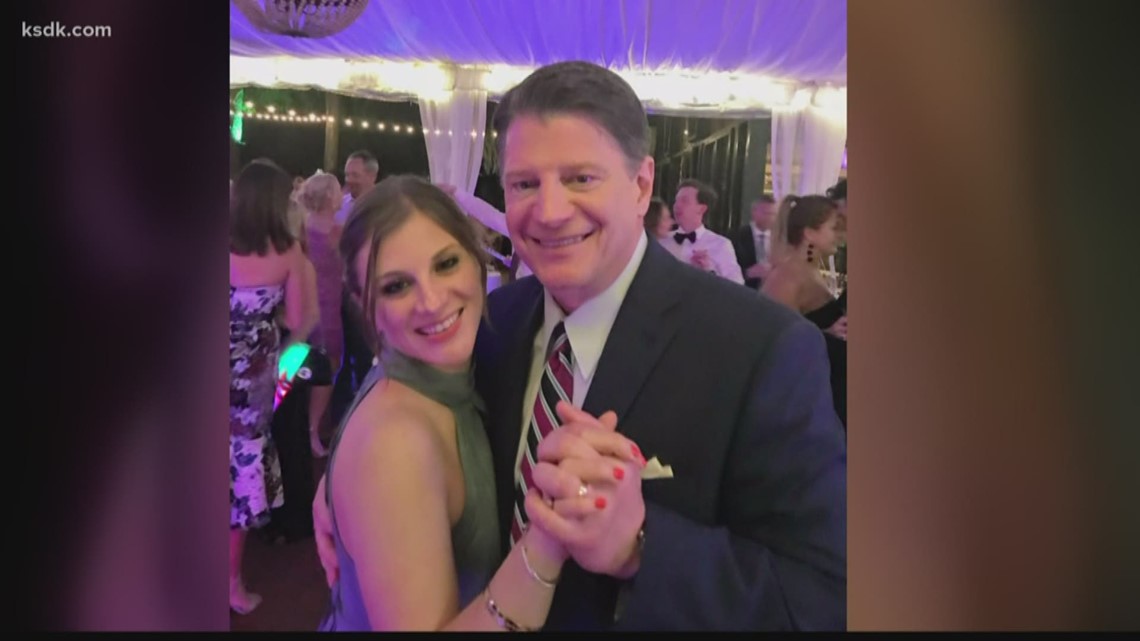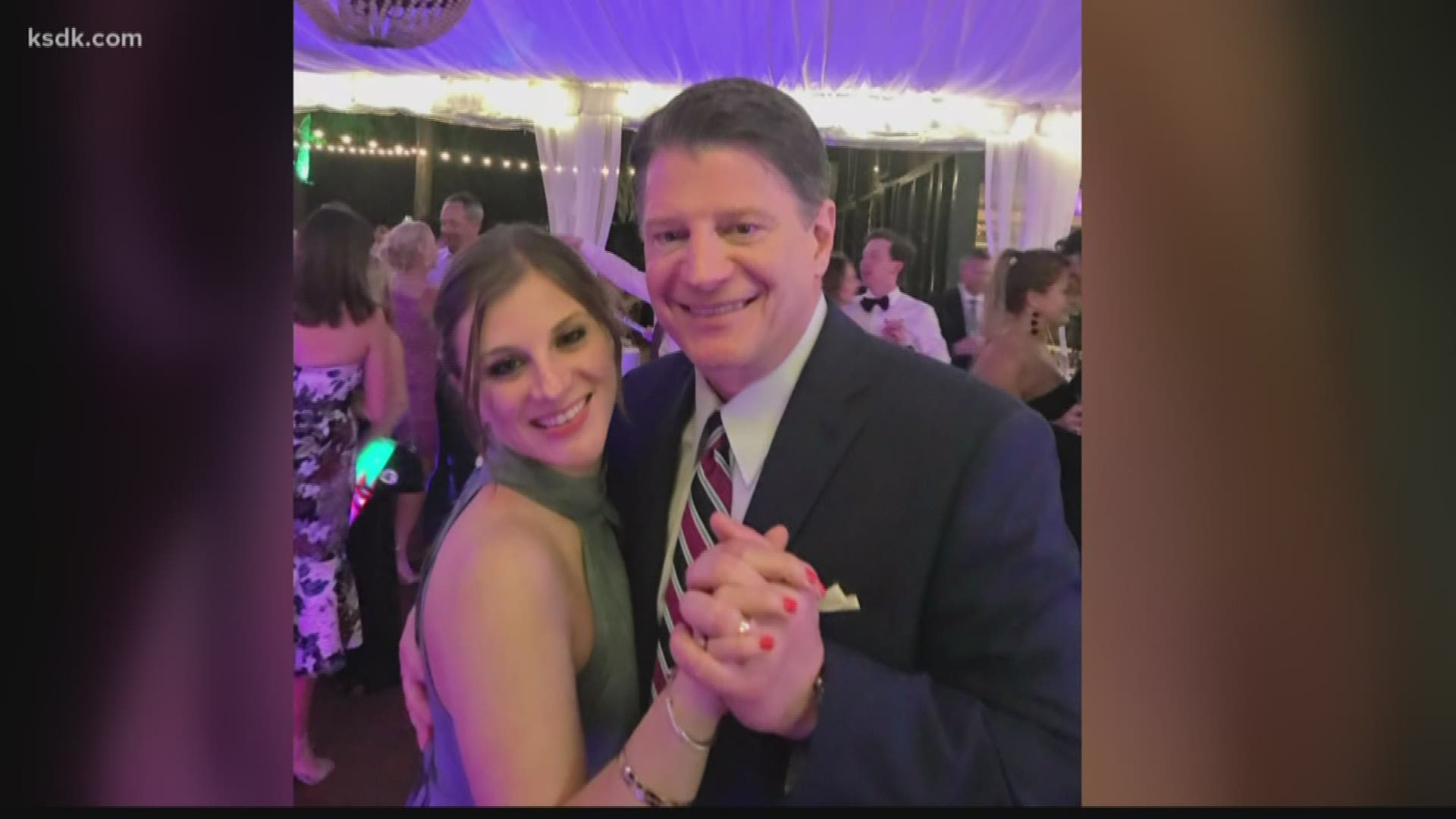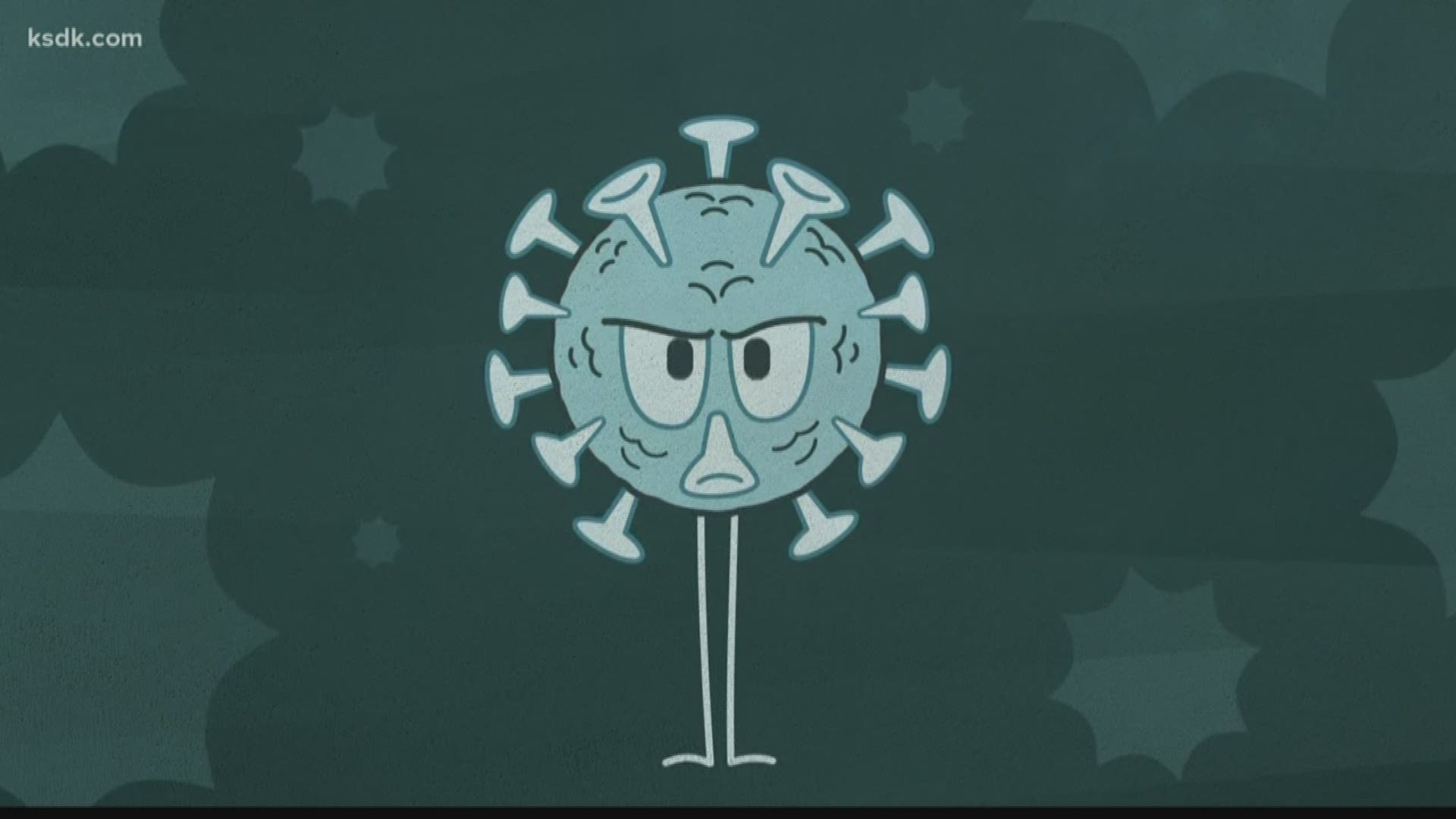CHICAGO — It was the news our family was hoping for.
My daughter Jennifer tested negative for COVID-19. But when the doctor called her with the results, the conversation did not go as expected.
"She had told me that beforehand that she would have bet money that I was positive just based on all of my symptoms," Jennifer remembered. "And so she said, I'm sure this is a false-negative."
False-negative.
No test is 100% accurate but some health experts have suggested the number of false-negative coronavirus tests could be up to 30 percent.
"One, it might be that we don't get far enough into our nose back into the area where we might find the virus when we do the test," explained Dr. Jason Newland, an infectious disease specialist at Washington University. "Two, it might be too early to detect the virus."
Jennifer is a high-risk patient with asthma and was tested because she checked all the boxes.
"I had a sore throat and a headache and I started wheezing a little bit and I had asthma, and that's always an alarm for me," she said.
Doctors, of course, worry that inaccurate results may give patients a false sense of security, leading them to become lax about social distancing. That's why they say symptoms matter.
"You don't need to be going out and being around people if you have symptoms, no matter what the test results are," said Dr. Newland. "We know that it's important that we socially distance but in this case socially isolate."


Jennifer is finally on the road to recovery but her road has been a long one.
"Depending on when it really started, it's been about 19 days," she said.
With the stakes incredibly high, when you have symptoms it's best to think you're positive even when you get a false-negative.
"Treat it like you have it," Jennifer said.
More coronavirus coverage:
RELATED: St. Louis police officer stays away from family to prevent infection, help ensure death benefits


